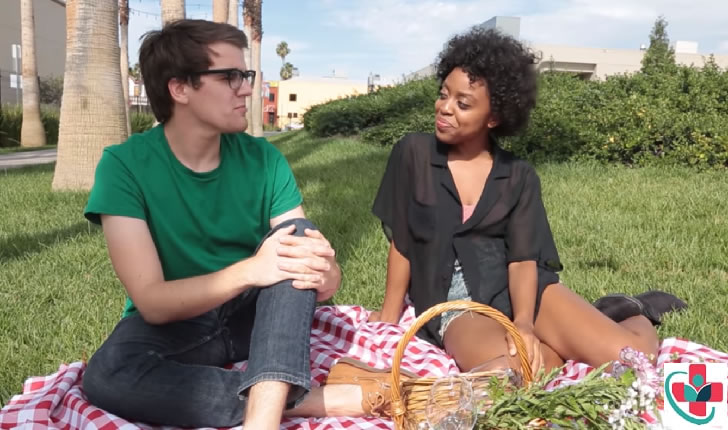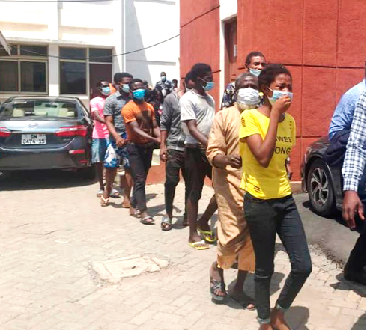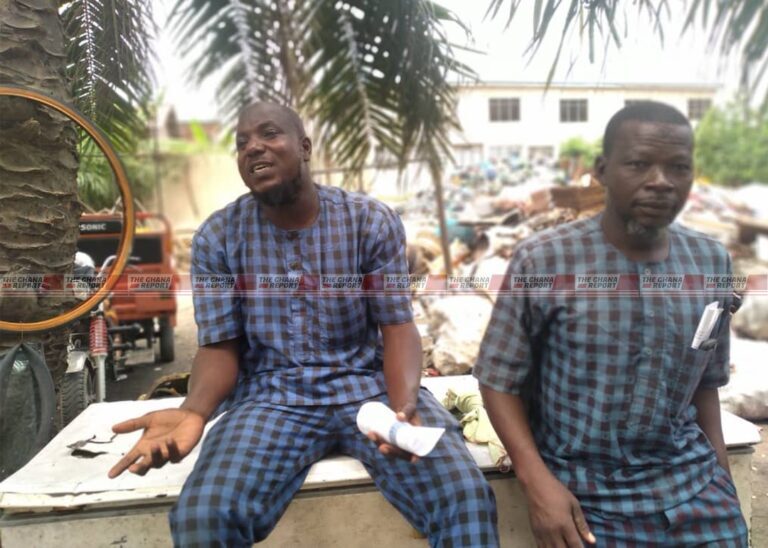Expert view: Seven Leading African Photographers From Across The Continent
- Home
- Expert view: Seven Leading African Photographers From Across The Continent

Expert view: Seven Leading African Photographers From Across The Continent
 Contemporary photography in Africa appears to be thriving, bolstered by the emergence of new arts initiatives, prizes and platforms showcasing the continent’s best image-makers.
Contemporary photography in Africa appears to be thriving, bolstered by the emergence of new arts initiatives, prizes and platforms showcasing the continent’s best image-makers.Recent years have also seen the opening of new exhibition spaces, such as the Saint-Louis Photography Museum in Senegal and Morocco’s Museum of African Contemporary Art Al Maaden (MACAAL), which marked its international launch in 2018 with a group exhibition featuring the work of around 40 African photographers.
In the commercial sphere, established events like the Bamako Encounters Photography Bienniale in Mali (which is now preparing for its 12th edition) have been joined by the likes of Art x Lagos, launched in 2016. International platforms like the 1-54 Contemporary African Art Fair — which, this year, is holding fairs in London and New York, in addition to February’s Marrakesh event — have helped find wider overseas audiences for photographers’ work.
CNN Style asked four of the African arts scene’s most prominent figures to choose their favorite photographers. Here, the photographers explain, in their own words, what their work aims to explore.
Tokini Peterside, founder and director of Art x Lagos
As the founder and director of the international art fair, Art x Lagos, Tokini Peterside has helped amplify African artists’ voice in the global market. She selected two Nigerian photographers, Kadara Enyeasi and Lakin Ogunbanwo.
Kadara Enyeasi, Nigeria: “I started taking photographs in high school. My immediate elder sister (in a family of four siblings — two elder sisters and a junior brother) had just begun her career as a model. She is now a fashion designer. I took pictures of her, and other family members, back then. It was a rush! Nothing special, just intimate family portraits with a 2-megapixel Nikon camera which I still happen to have in my possession.
“At first (my photography) was a deep yearning to understand my role in society. I engaged in taking performative self-portraits as a study of myself and orientation. This resulted in ‘Human Encounters,’ a body of work created over three years. It highlighted shapes, silhouettes and the interesting play of light and shadows across the human body.
“Forms (and) characters. A ladder placed askew on a wall. A forgotten shoe at the beach, a plastic bag moving in the wind. The poetics of these objects speak to me.”
Lakin Ogunbanwo, Nigeria: “I have always been interested in images, from a young age, but actively started to understand them by making portraits of my sisters.
“My inspiration comes from everything, every day, and an innate need to capture beauty as I see it. I’m usually drawn to form, interesting shapes and silhouettes.”
Touria El Glaoui, founder and director of 1-54 Contemporary African Art Fair
Touria El Glaoui is the creative force behind 1-54, an international art fair helping to introduce leading African artists to the global market. She spotlighted photographer Phumzile Khanyile.
Phumzile Khanyile, South Africa: “As a kid I was known to perform for visitors, whether it was through singing or dancing. My visual training started when I still couldn’t read, and I relied on pictures to know what the story was about. We had a bookshelf at home that I would drown myself in, especially because I’ve always been a loner.
“I’ve always wanted to be a painter, and so with my photography I try to paint as much as the camera allows.
“As the world is moving towards Afrofuturism, I’m trying to hold on to the past as much as possible. I believe there are a lot of untouched stories that are being left behind. I’m actually inspired by the boring parts (of) life, I enjoy observing people, their mannerisms, the way they talk, the way they wait or smoke. These things help me build characters and stories in my head.
“I also create images purely from emotion. It has to feel right. Honesty ranks higher than technicality for me.”
Hassan Hajjaj, Morocco: “(What moves me to take photographs) are interesting people that inspire me and influence me. Color, travel, culture, textiles, music and life (draw my eye).”
Helen Jennings, editorial director and co-founder of Nataal magazine
Founded in 2015, Nataal is a digital and print publication focused on contemporary African fashion, arts and culture. Co-founder and editorial director Helen Jennings chose to highlight visual artist Prince Gyasi.
Prince Gyasi, Ghana: “When I was four years old, my mother would often go fabric shopping at Makola Market, one of Accra’s biggest shopping places. She would drop me off at this photographer’s small studio. I would always dress well, usually in my denim jacket and pants, because I knew he would take pictures of me with his camera. I’d follow him around the market just to see him photograph people, and anytime he didn’t show up to work, I would cry.
“I had aspirations of becoming an abstract painter but found love in creating art with my iPhone.
“The city of Accra inspires me to keep creating. The people, the colors that make up the flag of Ghana inspire me to create more.
“As a co-founder of (the non-profit education organization) Boxed Kids, I will keep telling the stories of the kids in Jamestown and Ghana in general. People need to know about the culture and our story.
“I believe the norm is not for everyone. I’m different. I would rather people call me a visual artist. I do not want to be recognized as a photographer, but as an artist. Most of my images look like paintings from afar because they are art pieces, not photographs. I want to leave a legacy in the art world.”
Maheder Haileselassie Tadese, member of the Everyday Africa collective
Everyday Africa is an art collective aiming to change perceptions about Africa. Its Instagram account posts images of daily life, which are submitted by photographers from across the continent. One of the collective’s members, Maheder Haileselassie Tadese, spotlighted photographers Nana Kofi Acquah and Brian Otieno.
Nana Kofi Acquah, Ghana: “I discovered photography when I worked in advertising. I have a painting background and so I was quite shocked at how naturally I took to photography. With mastery of the craft came a desire to use it for more than just making pretty pictures. At this moment in my life, my photography is about telling important stories that help challenge and hopefully change perceptions (of) Africa.
“The camera immortalizes anything you point it at, and that is a knowledge that motivates me. If I can point my camera at the people, the issues and the stories I deem worthy, the world has no choice but to pay attention. And with that attention comes opportunity to challenge or change people’s minds.”
Brian Otieno, Kenya: “I started photography five years ago, photographing my neighborhood Kibera to share different stories rather than the usual dominant visual narrative of hopelessness and misery.
“I am drawn to the everyday life of the people around me. Their stories also represent my experiences as someone who was also born and grew up in (a) slum neighborhood. I photograph my people as someone who understands their successes and challenges.”
The photographers’ words have been edited for length and clarity.
Source: CNN Style
- Share
Classic Ghana
Classic Ghana brings you into a fun world of arts, entertainment, fashion, beauty, photography, culture and all things in between. Let’s explore these together!







